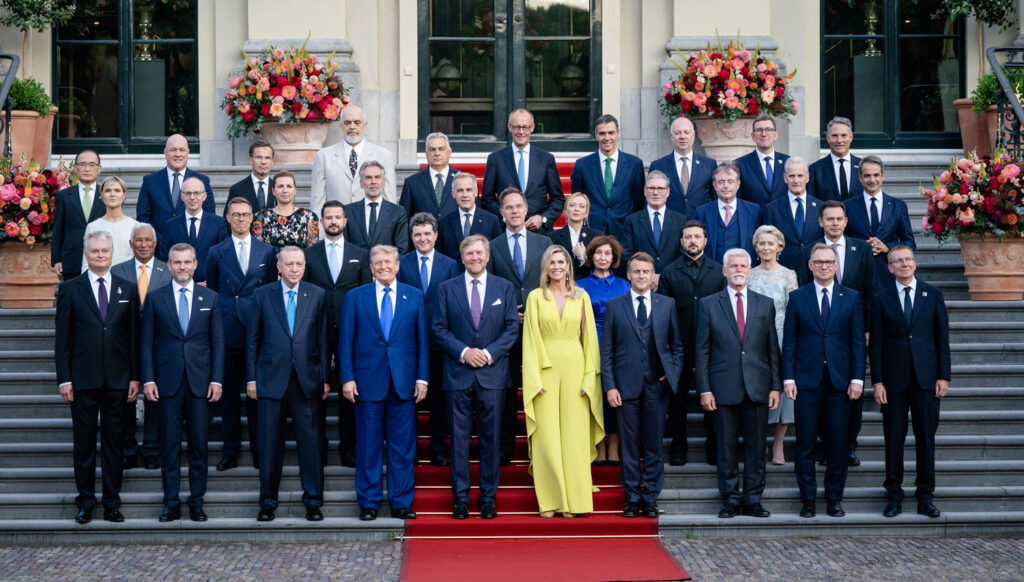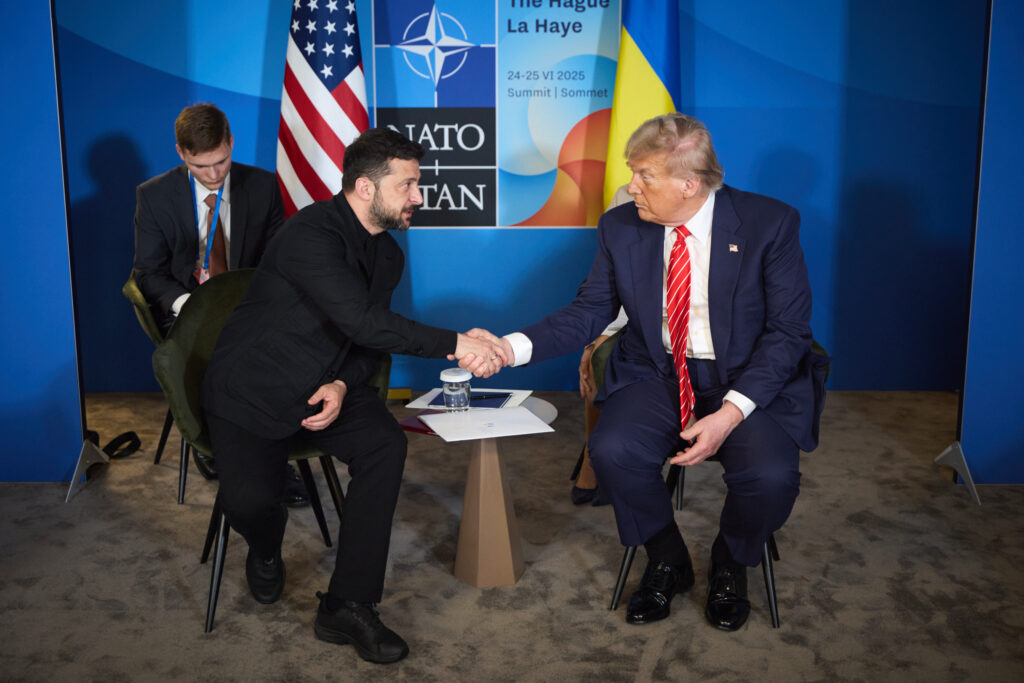The NATO summit in The Hague may not have delivered headline-making breakthroughs, but for Ukraine, it marked a clear and constructive step forward. In the current global context, where fatigue and political uncertainty often cloud even the strongest alliances, the ability to hold ground and to quietly gain some is a meaningful victory.
In a summit where some feared even rhetorical backsliding, this was a necessary result and not one to be taken for granted.
For Ukraine, the most critical achievement was the preservation of our strategic course toward NATO membership. No, we did not receive an invitation or a timeline, but the principle of irreversibility remained untouched. The Alliance upheld all previous commitments, keeping Ukraine’s future within NATO firmly on the agenda.
NATO reaffirms Ukraine in its defense vision
Ukraine also secured a uniquely prominent place in the summit’s final communiqué. Ours was the only partner country specifically named, and not just out of courtesy.
Ukraine’s defense is now being treated as part of NATO’s own security framework, not an external burden.
A key outcome of the summit was NATO’s push for increased defense spending, with explicit mention of aid to Ukraine and support for our defense industry. This is not charity, it is a long-term structural commitment.
Despite doubts and delays predicted by skeptics, the Ukraine–NATO Council took place at the level of foreign ministers. These engagements are often dismissed as procedural, but in fact they sustain the momentum of political alignment and ensure that Ukraine remains present and active in shaping the Alliance’s future.

Zelenskyy sits down with Trump in tense moment
Another significant moment was President Zelenskyy’s meeting with President Trump. Although it is unlikely to result in the immediate transfer of Patriot systems as requested, the meeting itself was an important signal.
The fact that this conversation happened — and reportedly in a serious and constructive tone — matters.
While the summit produced no disruptions and ended with the United States broadly satisfied, a rare achievement in itself, Europe finds itself in a moment of uncomfortable reflection.
The relationship is no longer one of equals.
In recent years, transatlantic relations have begun to resemble a toxic marriage, still bound by shared history and mutual need, but increasingly marked by distrust and imbalance.

Europe adjusts under US fire
Yet behind this performance of unity, Europe is quietly preparing for a future where it may need to stand on its own. It is not a breakup born of anger or betrayal, but of realism.
Europe is slowly building a protective cushion for itself.
The United Kingdom is reportedly ready to place parts of its nuclear arsenal under NATO command. France has announced major investments in independent satellite infrastructure, an effort to reduce dependence on American systems like Starlink.
Is it better to stay for the sake of familiarity, or to begin shaping a new, more balanced future?
Ukraine urges Europe to lead, not follow
For Ukraine, this context matters. We still need the transatlantic bond to hold. But we also need a Europe that knows its own worth, is capable of defending itself, and treats partnerships — including with Ukraine — not as burdens, but as strategic necessities.
Sometimes, in diplomacy as in life, stability is the most underrated success.
The Hague gave us quiet, meaningful progress and gave Europe a moment to reflect.
Editor’s note. The opinions expressed in our Opinion section belong to their authors. Euromaidan Press’ editorial team may or may not share them.
Submit an opinion to Euromaidan Press



